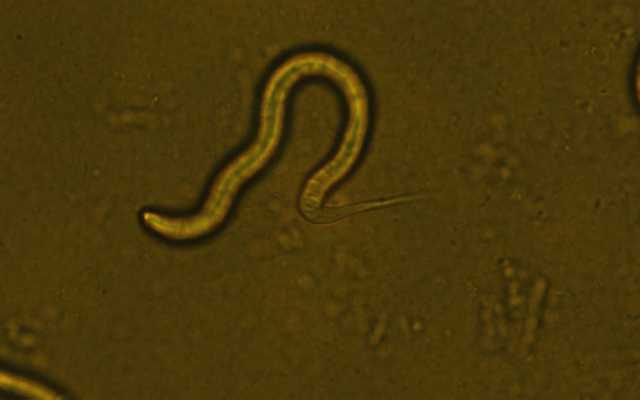American, Chinese and South Korean researchers presented the results of their work in a publication in Current Biology, during which they were able to determine that nematodes of the species Caenorhabditis Elegans, which sense sound with their entire body surface, do not respond to absolute sound, as indicated by an earlier study, but to a sound gradient.
In this regard, the scientists came to the conclusion that the worms are able to distinguish and avoid sounds produced by invertebrate predators of small size, but they have no reaction to louder noise.
Moreover, according to experts, the corresponding mechanism of perception of the sound pressure gradient is characteristic of many species of animals, including both mammals and other representatives of invertebrates.

